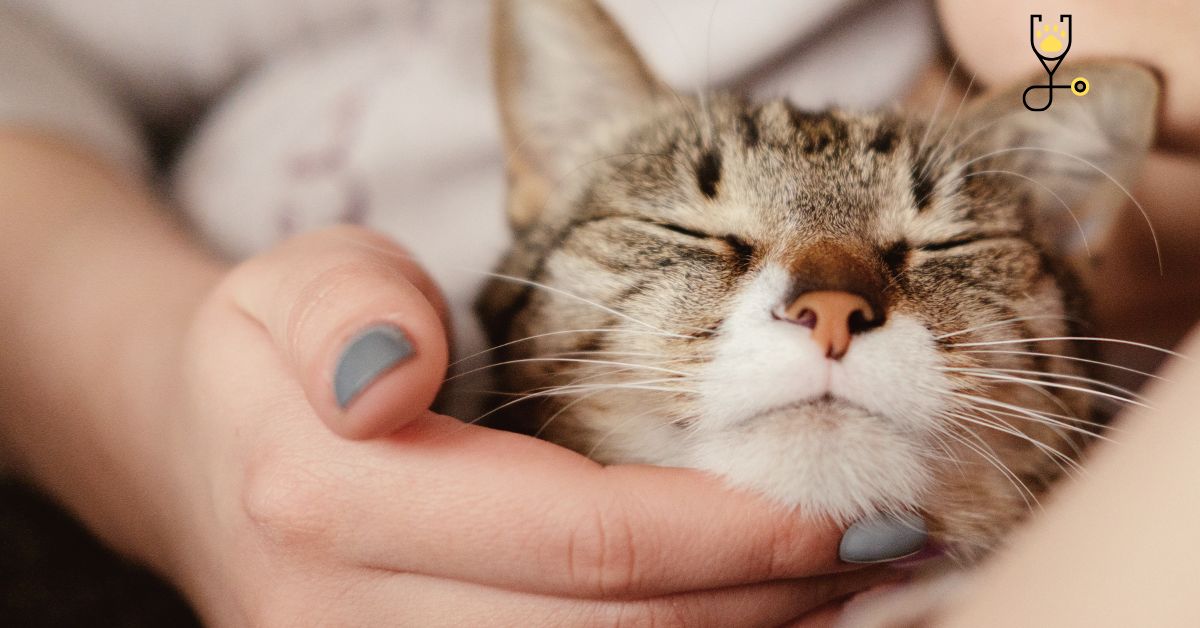Finding out that your cat has bronchitis can be concerning, but with the right information you can be prepared to help them get better. In this post we’ll discuss what bronchitis is, the symptoms to look for, and how you can prevent and treat it. If your cat is showing any of these signs, don’t hesitate to take them to the vet for a diagnosis. Early detection and treatment are key in ensuring your cat’s health!
What is Bronchitis?
Bronchitis is an inflammation of the bronchi, the tubes that carry air to and from the lungs. In the condition of bronchitis, these tubes become rubbery and swollen. The cat’s airway may become partially or completely blocked, making it difficult for her to breathe. Bronchitis can be acute or chronic. Acute bronchitis comes on suddenly and usually lasts only a few days. Chronic bronchitis is long-term and can recur frequently.
Causes of Bronchitis in Cats
Bronchitis is dangerous for cats because their airways are much narrower than ours. A small amount of inflammation can cause a big problem for your cat’s breathing. There are many potential causes of bronchitis in cats, including:
Allergies
– Both seasonal allergies and year
-round allergies (such as dust, pollen, smoke, or chemicals) can trigger an episode of bronchitis.
Infections
– Bacterial infections, viral infections, and fungal infections can all lead to bronchitis.
Pneumonia
– This is an infection of the lungs that can cause inflammation of the bronchi as well.
Cancer
– Tumors in the chest or respiratory system can compress the bronchi and make it difficult to breathe.
Foreign Objects
– If your cat inhales a foreign object, it can become lodged in her bronchi and cause inflammation.
Heart Disease
– Heart disease can cause fluid to build up in the lungs, which can lead to bronchitis.
Symptoms of Bronchitis in Cats
The symptoms of bronchitis can vary depending on the severity of the inflammation. In general, you may notice that your cat is having difficulty breathing.

She may make wheezing or clicking noises when she breathes, and her breaths may be shallow and rapid. You may also notice that your cat is coughing, sneezing, or has a runny nose. In severe cases, your cat may stop eating, vomit, or collapse due to lack of oxygen. If you notice any of these symptoms, take your cat to the vet right away.
Diagnosing Bronchitis in Cats
If you think your cat may have bronchitis, take her to the vet as soon as possible. The vet will ask about her medical history and symptoms and then perform a physical exam. She may also recommend some or all of the following tests:
Blood test
This can help rule out other potential causes of your cat’s symptoms, such as heartworm disease or an infection.
Urinalysis
This can help rule out a urinary tract infection, which can cause similar symptoms.
X-ray
This can help show if there is any foreign object lodged in your cat’s bronchi or if there is fluid in her lungs.
Biopsy
In some cases, a biopsy of the affected tissue may be necessary to confirm the diagnosis.
Treatment of Bronchitis in Cats
– If your cat has bronchitis, the first step is to help her breathe easier. Your vet may recommend giving her oxygen therapy or using a humidifier in her room.
– You will also need to clean her nose and eyes frequently to remove any discharge.
– If your cat has an infection, she will likely need antibiotics. If she has allergies, your vet may recommend antihistamines or steroids.
– In some cases, bronchodilators may be necessary to open up the airways.
Preventing Bronchitis in Cats
There are several things you can do to help prevent bronchitis in your cat.
- Keep her vaccinations up to date to help prevent viral infections.
- If your cat has allergies, try to avoid the things that trigger her symptoms.
- Keep her environment clean and free of dust, pollen, smoke, and other irritants.
- If your cat is overweight, help her lose weight to ease the strain on her respiratory system.
Caring for a Cat with Bronchitis
Bronchitis can be a serious condition for cats, so it’s important to follow your vet’s instructions carefully.
- Give your cat all of the medication she is prescribed, even if she seems to be feeling better.
- Keep her environment clean and free of irritants.
- Monitor her closely for any changes in her condition.
- Take her to the vet for follow-up appointments as directed. If you think your cat may have bronchitis, make an appointment with your vet right away. With prompt treatment, most cats make a full recovery.
Prognosis
The prognosis for cats with bronchitis is generally good, especially if the condition is caught early. With proper treatment, most cats make a full recovery and can return to their normal activities. However, some cats may require lifelong medication to keep the symptoms under control. Cats with chronic bronchitis may be at risk for developing pneumonia or other respiratory problems. If your cat has bronchitis, talk to your vet about the best way to manage her condition and protect her health.
Conclusion
Bronchitis is a common respiratory condition in cats, but with prompt treatment, most cats make a full recovery. There are several things you can do to help prevent bronchitis in your cat, such as keeping her vaccinations up to date and avoiding things that trigger her allergies. If your cat has bronchitis, follow your vet’s instructions carefully to help her recover and prevent complications.
FAQ’S
1. What are the symptoms of bronchitis in cats?
The symptoms of bronchitis in cats can vary depending on the severity of the condition but may include coughing, wheezing, difficulty breathing, and loss of appetite. In some cases, cats may also have a fever, runny nose, or watery eyes. If you notice any of these symptoms, take your cat to the vet right away.
2. How is bronchitis diagnosed in cats?
If you think your cat may have bronchitis, take her to the vet as soon as possible. The vet will ask about her medical history and symptoms and then perform a physical exam. She may also recommend some or all of the following tests: x-rays, blood work, a urinalysis, and a biopsy.
3. How is bronchitis treated in cats?
The treatment of bronchitis in cats will vary depending on the underlying cause but may include oxygen therapy, humidifiers, antibiotics, antihistamines, or steroids. In some cases, your vet may also recommend weight loss to ease the strain on your cat’s respiratory system.
4. Can bronchitis be prevented in cats?
There are several things you can do to help prevent bronchitis in your cat such as keeping her vaccinations up to date and avoiding things that trigger her allergies. You should also keep her environment clean and free of irritants. If your cat is overweight, help her lose weight to ease the strain on her respiratory system.
5. What is the prognosis for cats with bronchitis?
The prognosis for cats with bronchitis is generally good, especially if the condition is caught early. With proper treatment, most cats make a full recovery and can return to their normal activities. However, some cats may require lifelong medication to keep the symptoms under control.







